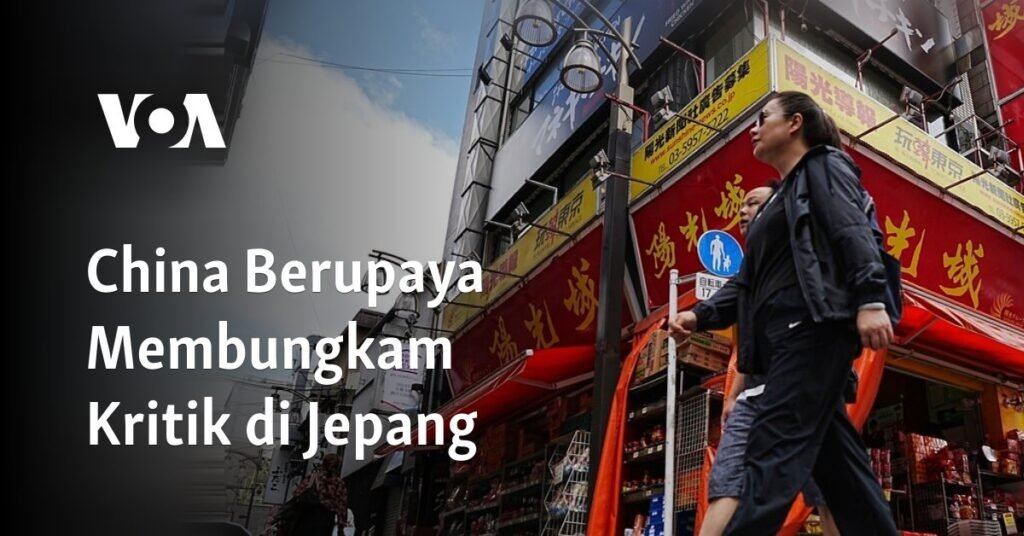Tensions between China and Japan have been rising in recent years, with disputes over territorial claims and historical grievances causing friction between the two Asian powers. One of the latest developments in this ongoing conflict is China’s attempts to silence criticism in Japan.
China has been making efforts to suppress dissenting voices in Japan, particularly those who speak out against its policies and actions. This has been done through various means, such as pressuring Japanese media outlets to refrain from reporting on sensitive issues, intimidating critics through online harassment and cyber attacks, and even using economic leverage to silence critics.
One recent example of China’s efforts to silence criticism in Japan is the case of a Japanese journalist who was detained in China for allegedly “spreading false information.” The journalist, who had been critical of China’s human rights record, was held for several days before being released under pressure from the Japanese government.
China’s attempts to stifle criticism in Japan have not gone unnoticed, with many in the international community expressing concern over the erosion of freedom of speech in the region. The United Nations has called on China to respect the rights of journalists and allow for open and transparent debate on important issues.
Despite China’s efforts to silence critics in Japan, there are still many voices speaking out against its actions. Japanese activists, journalists, and politicians continue to raise awareness about China’s human rights abuses, territorial claims, and other controversial issues.
It is important for the international community to support these voices and stand up for freedom of speech and human rights in Japan and around the world. China’s attempts to silence criticism in Japan are a troubling development that should not be allowed to continue unchecked. Only by speaking out and standing up for what is right can we hope to bring about positive change in the region.



